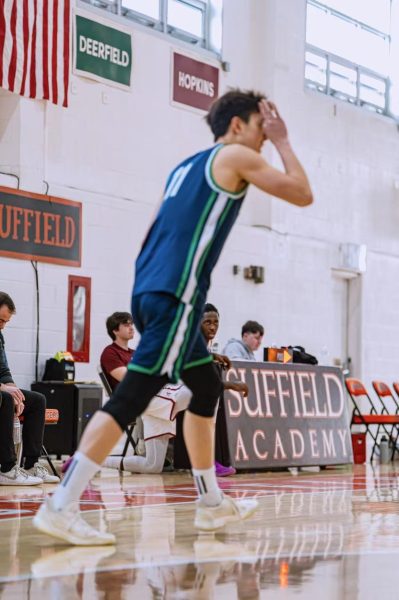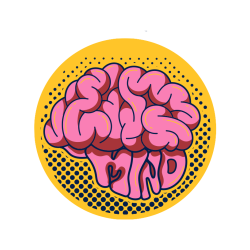Checking My Privilege at the Williston Gate
I am a man. I am white, straight, and healthy. I am from a stable, two-parent home and I attend a prep school where I can literally learn Ancient Greek in a one-on-one class. I’ve never gone to bed hungry or worried about whether I’ll have to turn down my dream school because four years without a job and $100k of debt is too much to handle. Let’s face it, in the context of a world where 16% of America lives under the poverty line according to the US Census Bureau, I’m living a pretty privileged life.
We all are, in our own ways.
Whether you can point out your grandpa’s name on the side of a building or you’re forging your own path as a first generation student on a scholarship, you are acquiring a privilege that will stick with you for the rest of your life. You’re educated where it’s assumed that you’ll go to a great college, pushing you to work harder and learn more. You’re surrounded by people who you may someday connect with to advance your career. You take classes from people who inspire you daily, helping you find a path that excites you.
Not everyone has these opportunities. Very few do. Therein lies the essence of privilege. It is a combination of scarcity and advantage. It is something that can’t be altered from day to day, some part of your identity that makes your life a little bit easier compared to the lives of others.
Privilege is the handicap in golf that you don’t necessarily need. Maybe you could beat your rival if you didn’t start twelve points below, but now it’s practically a sure deal. Unless you get lazy. Unless you sit back and let the handicap do the work for you. Unless you tell yourself that you are entitled to win just because you started out ahead.
That is when privilege gets ugly, but it can be used as a force for good. Those privileged with a strong education can use their skills to increase equality of opportunity through anything from a career in social development and activism to philanthropy and entrepreneurialism. Those privileged to be exempt from homophobia and fear of hate-crimes can serve as allies. Those not struggling with mental conditions can be supportive of their friends who have needs they might not be able to understand.
At Williston, we do a good job of recognizing the people who serve the community, from the work Brittany Collins does at the CID nights to the Arete tutoring lead by Abigail Rogers-Berner. But I want us to take a step further. I want us to not only applaud good service, but to define our community around it. Whether you want to serve the global community by donating some birthday money or by volunteering when the opportunity arises, I urge you to use your time here for the benefit of mankind, not just yourself and those around you.
Privilege can obscure reality, however. Human understanding is obscured by walls of abstraction and assumption, and I think the first step towards greater citizenship is recognition of the privilege. So I have a challenge for you. Take out a piece of paper and a pencil, and jot down every one of your privileges that comes to mind. Start with “Williston educated” and keep going until you run out. You won’t run out quickly.
My list filled a full page, and it inspired me to write this article, to be a tad more thoughtful, and to remember to check my privilege at the door. When I see the world without whitewashed glasses, I get a glimpse at the reality of how lucky we all are just to be here, and just how much we have to give to the world.











